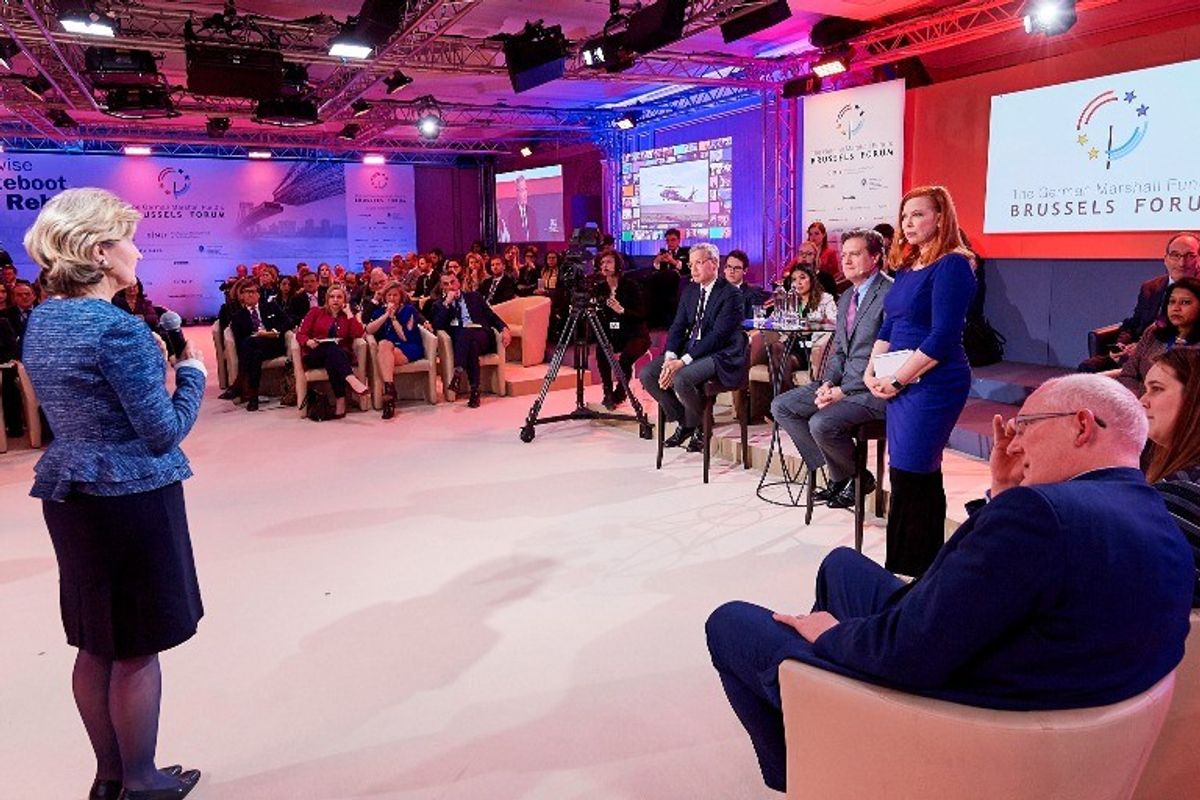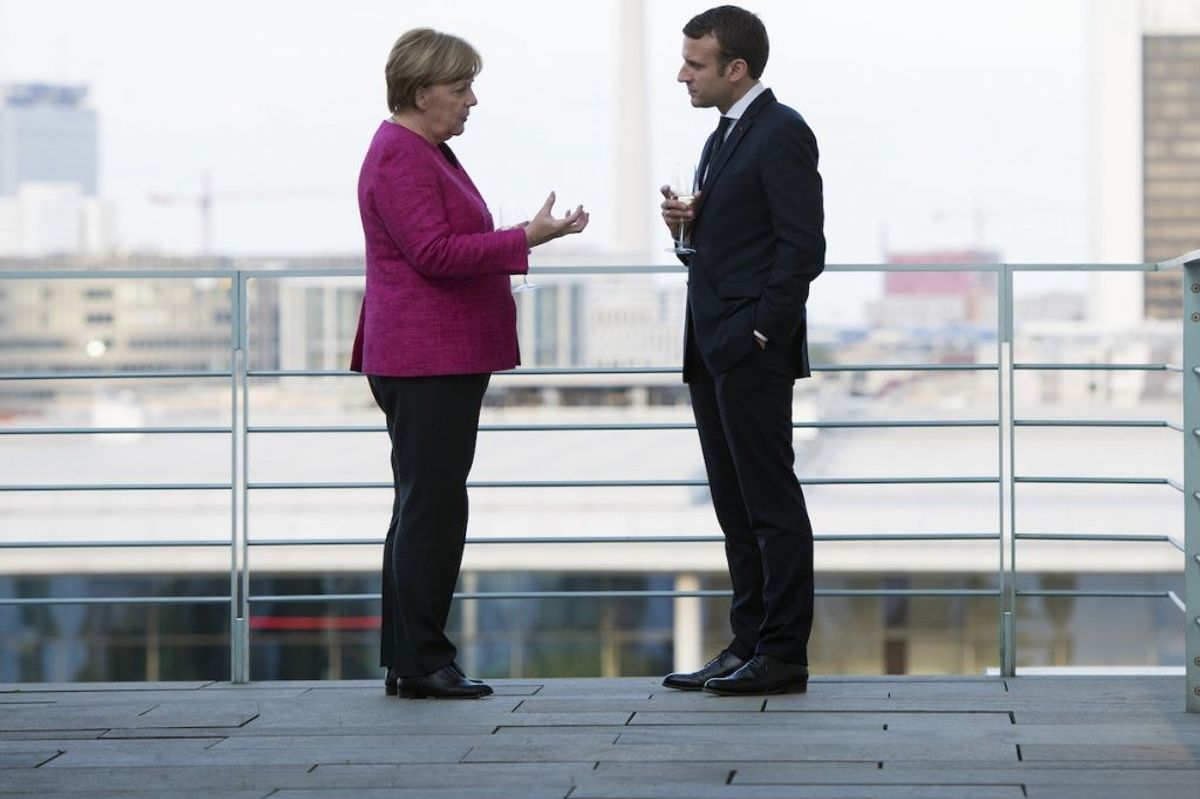Independent Green Party candidate Alexander Van der Bellen has won Austria's presidential election by the slimmest of margins, preventing Freedom Party (FPÖ) candidate Norbert Hofer from becoming the European Union's first far-right head of state.
Despite Van der Bellen’s victory, Austrian voters have now normalized the FPÖ, whose previous fringe messages of revisionism and anti-Semitism have been replaced with a popular message of anti-immigration and anti-European integration. Van der Bellen’s win is seen by some as a victory for the Austrian Europeanists, and a relief for many leaders dealing with their own populist movements at home, but it is still indicative of the variety of structural changes sweeping Austria’s – and Europe’s – political establishment. Indeed, the chance that Heinz-Christian Strache, the rhetoric-savvy head of the FPÖ, will become chancellor in 2018 is no smaller today than it was before.
At its origins, the FPÖ served as the political home for former Nazis who were excluded from the main political parties established after the war. The base came from the German nationalist university fraternities – Burschenschaften – that were famous for their sword duels and Third Reich apologism. The FPÖ remained a niche party and stayed under eight percent of the vote in elections. This changed when nationalist firebrand Jörg Haider took over in 1986, when he saw an opportunity with an anti-foreigner message, as more migrants arrived in Austria from war-torn Yugoslavia. The FPÖ quickly became the political home for young, male, working class voters. It has now focused its attention on the cultural clash with Islam.
Hofer represents a softer version of the party that can appeal to mainstream voters concerned about economic dislocation and immigration. Whereas Haider flirted with neo-Nazi rhetoric and once called the birth of the Austrian state an “ideological miscarriage,” the modern FPÖ is far more digestible. The party has called for closer “friendship” with Israel and focuses more on economic stagnation than pure nationalism and xenophobia. The majority of people who voted for Hofer in this election are not neo-Nazis, but rather working-class individuals dissatisfied with the status quo.
While the post of President is largely ceremonial, with powers limited to choosing the chancellor and calling elections, the vote reflects deep societal changes. In recent years, Austria has seen a combination of popular dissatisfaction with embedded political corruptness and the placidity of elected politicians. While one of the most affluent countries in Europe, this dissatisfaction has been acerbated by increases in unemployment, as well as anxiety over the number of immigrants seeking asylum and their perceived links to Islamist extremism. Anti-establishment votes had been the exception rather than the rule before this election. Hofer’s victory in last month’s first round of voting gave the FPÖ popular legitimacy.
The rise of the far-right in Austria and across the European continent will have grim consequences. The FPÖ has exploited frustration with mainstream parties, offering a message of anti-establishment, anti-EU rhetoric packaged in songs of xenophobia. Right-wing populism portrays all forms of interdependence as a threat to national identity. It jeopardizes the North Atlantic security cooperation, as right-wing parties like the FPÖ flirt with Russia. It threatens economic integration, with skepticism for the European single market and international trade. It also affects the ability to maintain multi-cultural societies. When xenophobic rhetoric becomes mainstream, it undermines liberal norms and encourages prejudice.
This election has shown that Austria’s traditional centrist parties – the Social Dems (SPÖ) and Austrian People’s Party (ÖVP) – should not take their dominance for granted. As a workers’ party, the SPÖ traditionally attracted urbanites and blue-collar workers. The ÖVP was historically composed of university-educated professionals, business elites, and farmers. But this clear distinction is no longer the reality for Austrian youth, who are much more flexible and less likely to simply inherit their party affiliations. While the SPÖ and ÖVP remain the parties of choice for older voters, the Greens and the FPÖ attract the most voters under 30.
Despite the FPÖ’s loss this time around, the election effectively normalized the far-right party, and under Van der Bellen, Austria will have a president from outside the two main parties for the first time since 1945. In Austria, the power of the political center stands on the edge of a knife.












